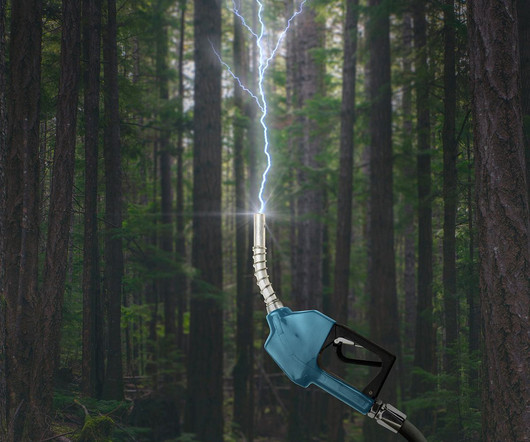PATHION develops new LiRAP-based solid-state electrolytes for Li-sulfur and sodium-ion batteries
Green Car Congress
APRIL 28, 2015
Supported by an ARPA-E grant, LiRAP has proven to be a safe alternative compared to the liquid electrolytes used in most of today’s lithium ion batteries. The LiRAP solid electrolytes conduct Li + ions well at high voltage and high current, providing much enhanced energy density and power capacity as well as safety.













Let's personalize your content